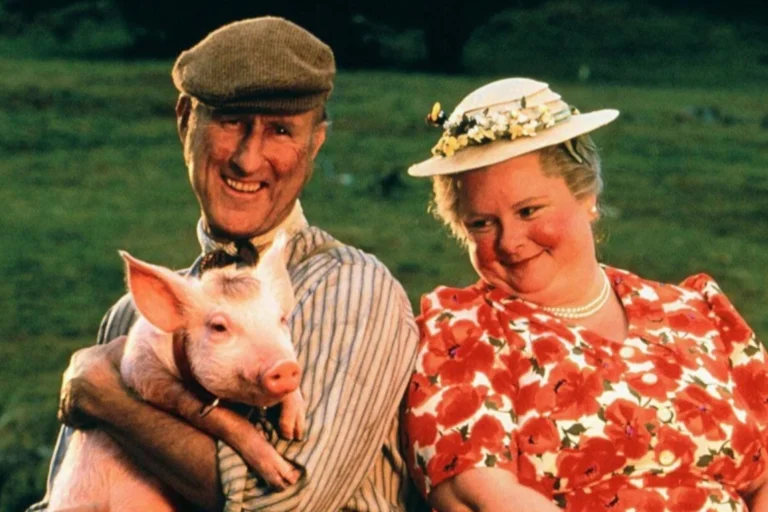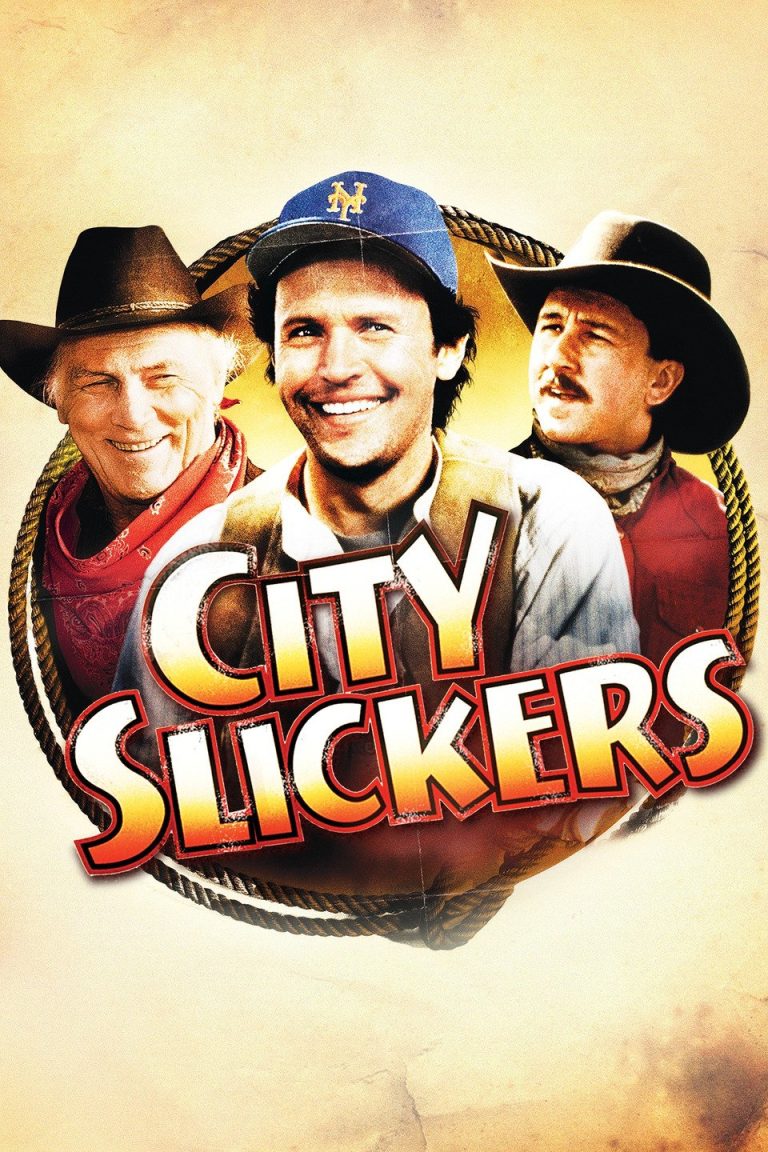How to Use Setting to Reveal Character
All of us are impacted by setting. Every place we’ve been has made an imprint on us in some way,…

All of us are impacted by setting. Every place we’ve been has made an imprint on us in some way,…

How is that novel-writing going? One reason writers procrastinate is they haven’t taken the time to master the skills. If…

I wrote this post many years ago, but I continue to see a lot of problems with manuscripts that appear…

Your story premise needs to be compelling if you want to entice readers and keep them reading your book. Premise…

Here’s another post on theme from 10 years ago. Theme is so important to your story, so I hope you…

I thought, for fun, we might revisit some posts I wrote 10 years ago on theme. Enjoy! I want to…

Writing great dialogue is probably the hardest skill fiction writers need to acquire. If you’ve tried your hand at it,…

This post originally ran on Jane Friedman’s blog. Understanding these “3 M’s” is crucial if you want to craft believable…

If you don’t master showing and evoking emotion in your fiction, you fail as a writer. It’s as simple as…

Subscribe to my email blasts to level up your writing and be notified of upcoming events and offers!
No products in the cart.